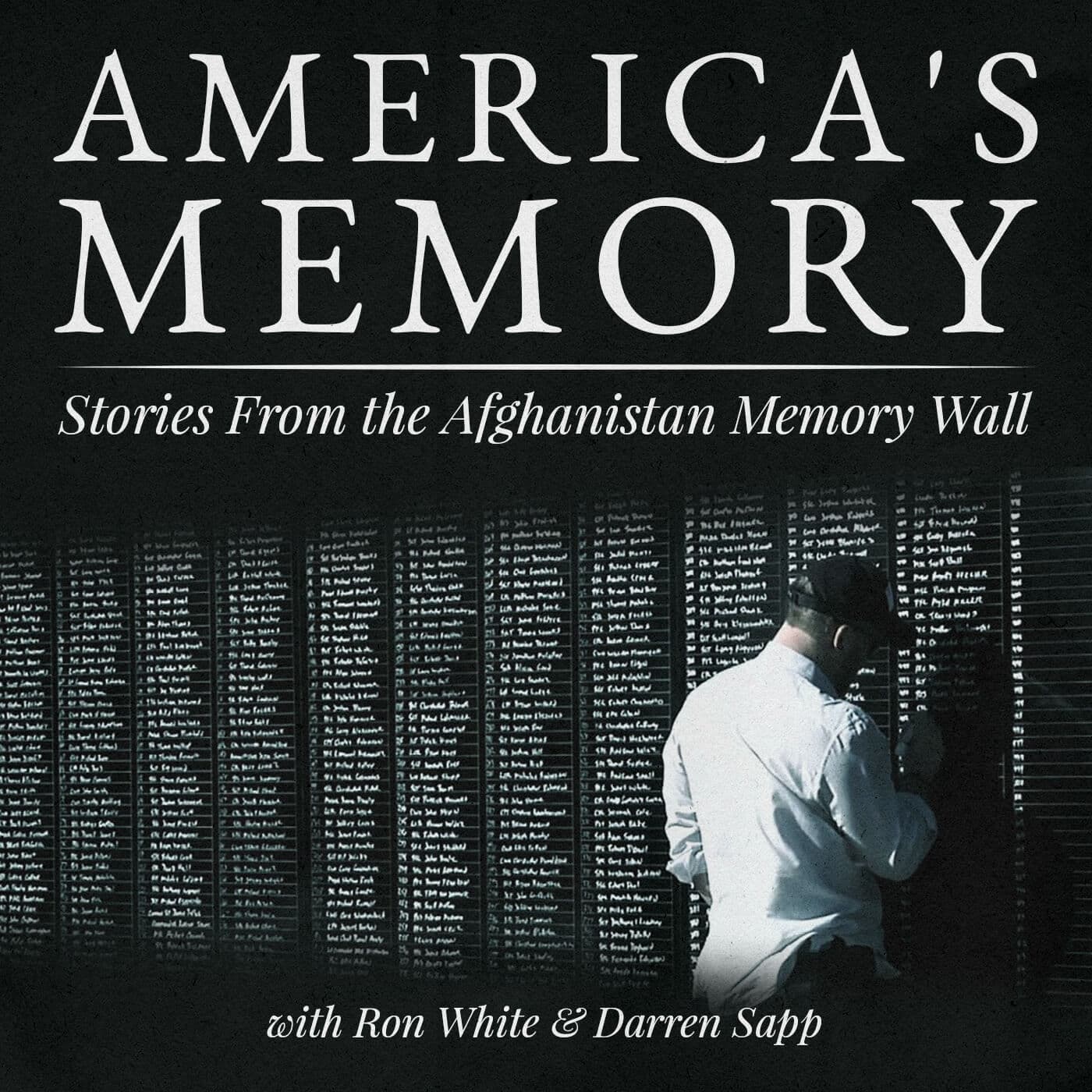Miscellaneous
There’s a reason Mother’s Day overloads the post office or someone might say “I bet you’re a proud dad.” The paternal and maternal instinct creates a powerful bond and children recognize that as they mature. The honor and responsibility of big brother can carry an equal weight as it did for Sam Griffith. The marine flew fighter jets and later controlled their firepower from the ground. He served fearlessly, loved his family well, and died in the service of his nation. His death left a void in the life of many as his family now carries the adjective “gold star.” We often speak of a gold star mother or gold star wife, but for Renee Nickell, she became a gold star sister. Her 2018 book, Always My Hero: The Road to Hope & Healing Following My Brother's Death in Afghanistan, offers a powerful testimony of one gold star sibling as she navigates the difficult stages of grief while her husband and children shared in her difficult days. She not only lost a big brother, she lost the man that had been a father figure to her. In fact, Sam Griffith had been a big brother and father figure to many. “I’m going to be a fighter pilot.” Kindergartner Sam Griffith said that with the conviction of someone that knew their destiny. Earlier generations of boys might announce they want to be an astronaut, the President, or major league pitcher are always popular choices. After the film Top Gun released, aspirations to fly jets exploded across classrooms and playgrounds across the country. Cool shades and “the need for speed” made for popular discussion, but Sam made his declaration in 1970’s Pennsylvania. His passion for motorized things that go fast also developed through tinkering on cars with his father. Sam especially loved the Ford Mustang and gained so much proficiency that he’d eventually have his own parts website that he dedicated to his father and wrote articles for Mustang Monthly. His proudly restored, and owned, a 1968 Ford Mustang Fastback, one of America’s most iconic American muscle cars. The family dynamics and relocations caused Sam and Renee to depend on one another and they developed a deep bond. After a mischievous incident that sent Renee to the ER, Sam wrote her a letter of apology. She recovered quickly but his letter expressed a deep remorse, appropriate humor, and promise that it wouldn’t happen again. He added: “Just remember if anyone ever picks on you (except me, of course), tell them if they don’t stop, your big brother will take them for a ride they’ll never forget!” Through his teen years, his passion to become an aviator never wavered. He applied for, and won, a Naval ROTC scholarship to Penn State. There are several paths to become a military officer. Some attend Officer Candidate School after their civilian college experience or they graduate from one of the nation’s military academy. ROTC graduates typically attend a short school to acclimate to their military branch and then train for their field. The United States Marine Corps offered Griffith the chance to earn his wings. After basic infantry school, a requirement for every marine, he began the two-year process of learning to fly. No one simply jumps into a cockpit. Hours upon hours are spent in the classroom learning aerodynamics, navigation, and aviation mechanics. The Marines sent him for preliminary training at Naval Air Station Pensacola. There’s nothing easy in these schools where even the brightest and physically fit struggle to learn everything from the Bernoulli Equation of the airfoil to survival if shot down. Then follows hours and hours in various training aircraft. Only the best and brightest are chosen to fly fighters, and Griffith made the cut. The Marines fly the F/A-18, a smaller platform than the famed F-14 Tomcat or larger attack aircraft. This plane combines fighter capabilities, the ability to deliver ordnance payloads, and has conversions for in-flight refueling and electronic warfare. While most fighter pilots have ten manuals to learn for air-to-air combat, the F/A-18 pilot must learn an additional ten for air-to-ground operations. Griffith learned them all and earned his wings as he’d first proclaimed he would as a kindergartner. After stints in Meridian, Mississippi and Lemoore, California, he’d eventually settle into life in Beaufort, South Carolina with the Marine All Weather Fighter Attack Squadron 533. Life as a marine aviator in peacetime is one of constant training. This also meant he had to gain qualifications by successfully landing on the pitching flight deck of an aircraft carrier, moving toward a catapult to be shot off, and land again to earn enough “traps” as they’re called. One of his fellow pilots remembers him as a true professional in the cockpit while also a loving husband, doting father, and tremendous friend. On the day that changed everything for everyone, 9/11, it set Griffith on a path for war. The United States had assets in Afghanistan almost immediately, but his first experience happened in the Iraq War in 2003. He flew in Iraq every day delivering ordnance for both the army and marines in highly tense s

